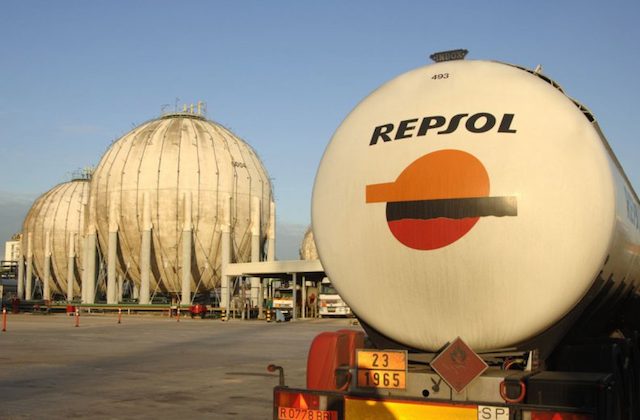Repsol stands firm against the ‘tax hike’ on energy companies (and banks) that the government has announced it wants to make permanent. As a result, Repsol is putting on hold investments for projects amounting to around €1.5 billion, which would affect the group’s portfolio projects in the Basque Country, Tarragona (Catalonia), Cartagena (Murcia), and A Coruña (Galicia). A year ago, its CEO, Josu Jon Imaz, warned that he was leaving an investment of €8 billion in Spain up in the air until 2025 due to the “lack of fiscal stability,” and that has indeed been the case.
Repsol has chosen its Industrial Complex in Sines, Portugal, to invest €15 million in a new renewable hydrogen project as part of the company’s commitment to decarbonization. This project involves a four-megawatt (MW) electrolyzer with a capacity to generate about 600 tons of hydrogen annually. Despite everything, its plan is to meet the company’s decarbonization goals to become a net-zero emissions company by 2050. Therefore, its efforts in decarbonization projects will be focused in Portugal and the United States.
The Spanish multi-energy company has stated several times that an arbitrary and discriminatory tax has been created in Spain. While in 2022, the government claimed it would be temporary and was due to very specific energy circumstances, such as a Brent crude oil price above 100 euros or skyrocketing gas prices, “that context no longer exists.” Repsol has been the most affected group in the energy sector over these two years by the so-called ‘tax hike,’ having paid nearly €800 million — €444 million in 2023 and about €335 million euros this year.





